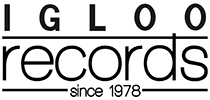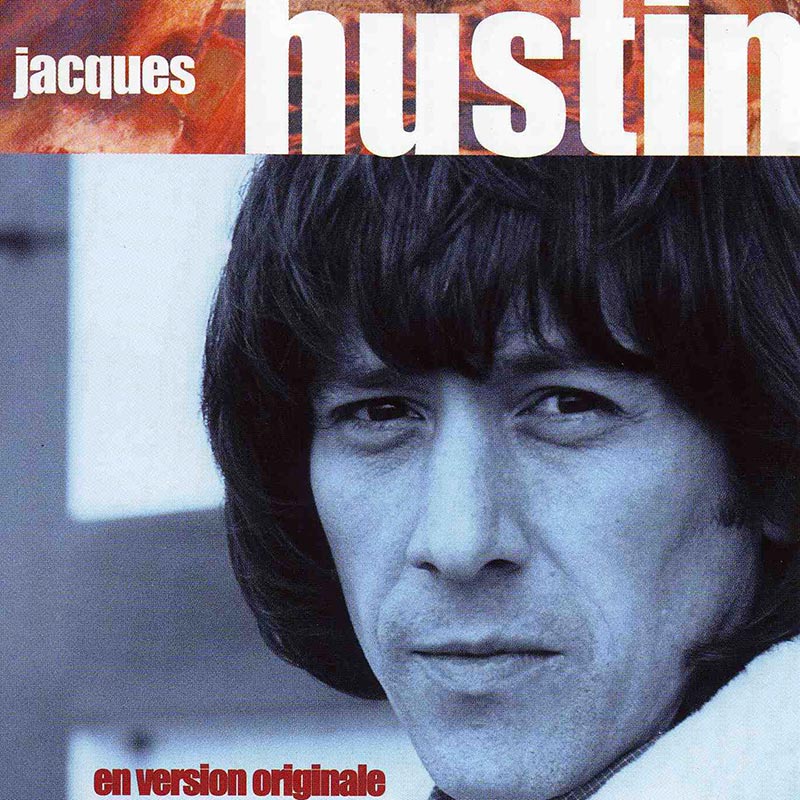Jacques Hustin (15 March 1940 – 6 April 2009) was a Belgian singer-songwriter and artist who was successful in his homeland in both fields, and is best known internationally for his participation in the 1974 Eurovision Song Contest.
Hustin was born at Liège. From an early age, Hustin was interested in both music and painting. He studied art and design, and worked at various times as an illustrator, stage designer and composer of incidental music. He released his first album in 1966 and moved to Paris, where he lived for several years.
In 1974 Hustin’s self-penned song “Fleur de liberté” (“Flower of Liberty”) was chosen as Belgium’s representative in the nineteenth Eurovision Song Contest which took place on 6 April in Brighton, England. The 1974 contest is notable for the participation of a number of artists who were already internationally-known names (Olivia Newton-John, Gigliola Cinquetti, Mouth & MacNeal), also as the contest which served to launch the winning group, ABBA, into global superstardom. In this very competitive field, “Fleur de liberté” finished in ninth place of 17 entries.
In 1978, Hustin took part in the Belgian Eurovision selection for a second time, but on that occasion his song “L’an 2000 c’est demain” (“The Year 2000 is Tomorrow”) lost out to “L’amour ça fait chanter la vie” by Jean Vallée (which went on to finish second in the 1978 contest, Belgium’s highest placing to that date).
Read more
In 1975 Hustin hosted a series of programmes called La Guimbarde for Belgian television channel RTBF, which featured singers and musicians from Wallonia.
Hustin continued recording and performing until the late 1980s, when he decided to bring his musical career to a close in order to concentrate on painting. He ran an art workshop in the Belgian Ardennes for ten years, and continued to paint up until his death.
Hustin died of undisclosed causes on 6 April 2009, aged 69.
Read less

